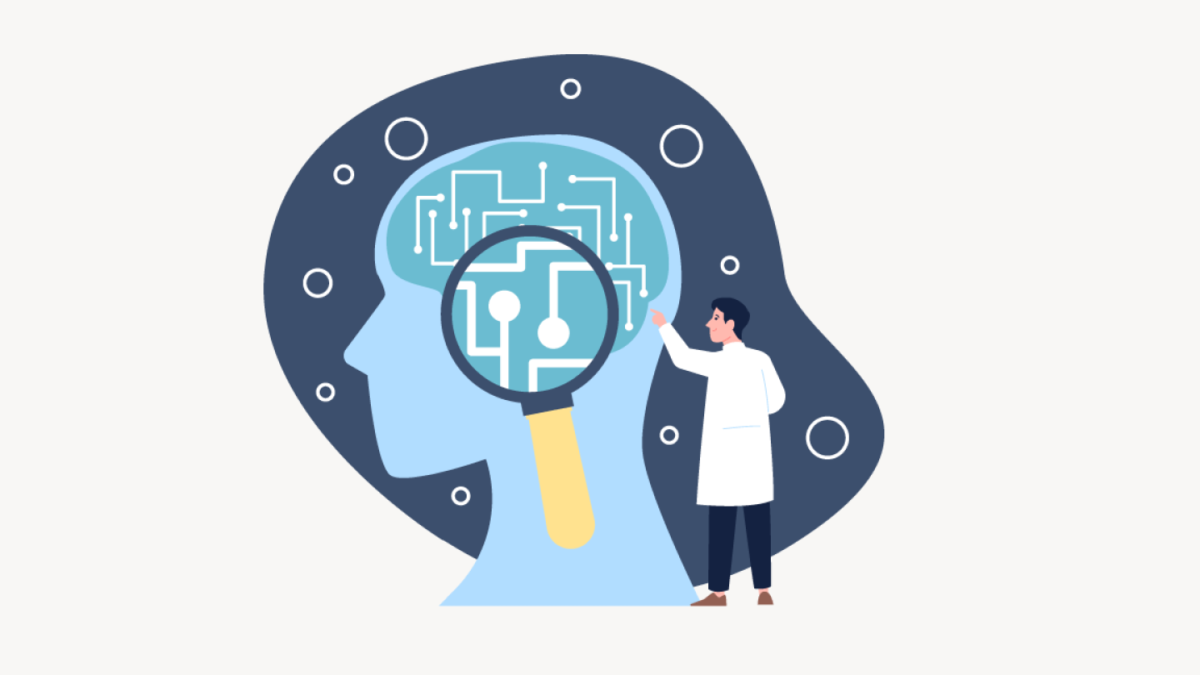Change and uncertainty. These two words have been constants in our professional lives for the past few months. Everyday seems to bring new questions, messages and expectations. It’s stressful, to say the least, when it feels like our world is being turned upside down. Change, at its core, is difficult for people to deal with, particularly when it’s not by choice. It challenges our sense of control, awakens our fear of the unknown and can compromise our values and principles.
Why is change and uncertainty so hard for us? The short answer is that it’s the way our brains are hardwired. We crave what feels comfortable and a shake up to our routine can leave us feeling rattled. It’s all perfectly normal. Let’s take a closer look at why we’re resistant to change on a neurological and psychological level. Think about each of these factors and how change is causing stress in your life. By acknowledging them and observing them carefully, you can help to reduce their impact.
The impact of change on our neurological needs:
- The need for certainty (for example, “I don’t know what to expect.”) Our brains respond to information and react to a lack of information as a threat.
- The need for processing our thoughts (for example, “I haven’t had chance to think about what’s going on.”) When presented with surprising or shocking information, our fight-or-flight instinct narrows our focus onto that information and excludes other things going on in our lives.
- The need for routine (for example, “This is how I’ve always done things.”) We’re creatures of habit and we’re comfortable with routines. Change rocks our sense of security and makes us feel vulnerable and out of control.
The impact of change on our psychological needs:
- The need for self-esteem (for example, “Am I good enough?”) Our past successes play a big role in our self-esteem. When we’re forced to deal with change, it can sometimes feel like these successes are being undermined.
- The need for confidence (for example, “I’m afraid I’ll fail.”) We want to feel certain that we’ll be able to achieve success no matter what the future holds. Our uncertainty can cause us to feel isolated and withdrawn in a time when we need support and community the most.
- The need for control (for example, “Do I have a choice?”) This is a big one right now. We want to make decisions on our terms and feel like we’re in control of our choices. Change is particularly hard when it’s not according to our
Change is always going to happen, but how we deal with it is crucial. Our level of resilience (the ability to “bounce back”) is a crucial component for both physical and emotional wellbeing. Fortunately, resilience is a skill that can be developed and strengthened over time. That’s where coaching comes in! Working with a coach, like Leah M Joppy and Associates, provides a fresh perspective, goal setting and accountability to achieve powerful results. Our course, Building Resilience In Times Of Uncertainty, includes a resilience assessment and provides feedback about resiliency levels in 3 key areas: Challenge, Control and Commitment. Participants learn how to better prepare and manage uncertainty in life. And in a professional world filled with change, it can mean the difference between surviving and thriving. Our second course, What’s Next? Purposeful Planning for Post Retirement, will assist you in developing a proactive plan for a meaningful post-retirement life, grounded in your values, strengths, and experiences.
To learn more, call us at 301-670-0051 or email us at leah@lmja.com.

